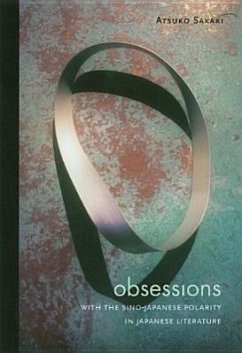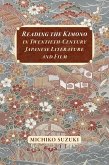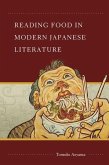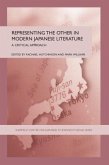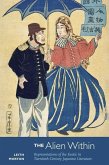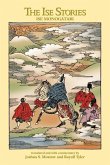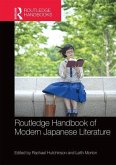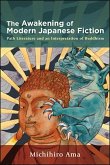Using close readings of a range of premodern and modern texts, Atsuko Sakaki focuses on the ways in which Japanese writers and readers revised--or in many cases devised--rhetoric to convey "Chineseness" and how this practice contributed to shaping a national Japanese identity. The volume begins by examining how Japanese travelers in China, and Chinese travelers in Japan, are portrayed in early literary works. An increasing awareness of the diversity of Chinese culture forms a premise for the next chapter, which looks at Japan's objectification of the Chinese and their works of art from the eighteenth century onward. Chapter 3 examines gender as a factor in the formation and transformation of the Sino-Japanese dyad. Sakaki then continues with an investigation of early modern and modern Japanese representations of intellectuals who were marginalized for their insistence on the value of the classical Chinese canon and literary Chinese. The work concludes with an overview of writing in Chinese by early Meiji writers and the presence of Chinese in the work of modern writer Nakamura Shin'ichiro. A final summary of the book's major themes makes use of several stories by Tanizaki Jun'ichiro.
Hinweis: Dieser Artikel kann nur an eine deutsche Lieferadresse ausgeliefert werden.
Hinweis: Dieser Artikel kann nur an eine deutsche Lieferadresse ausgeliefert werden.

